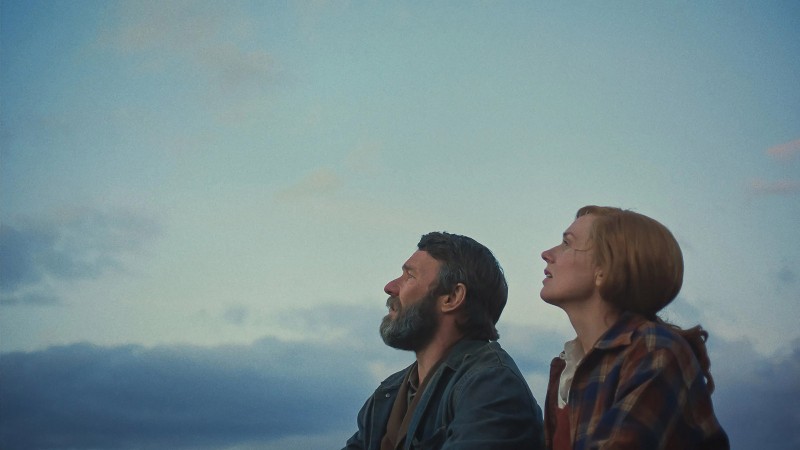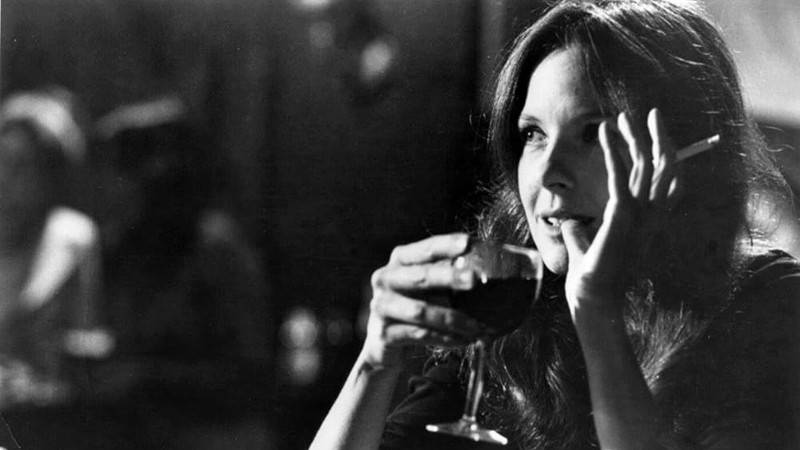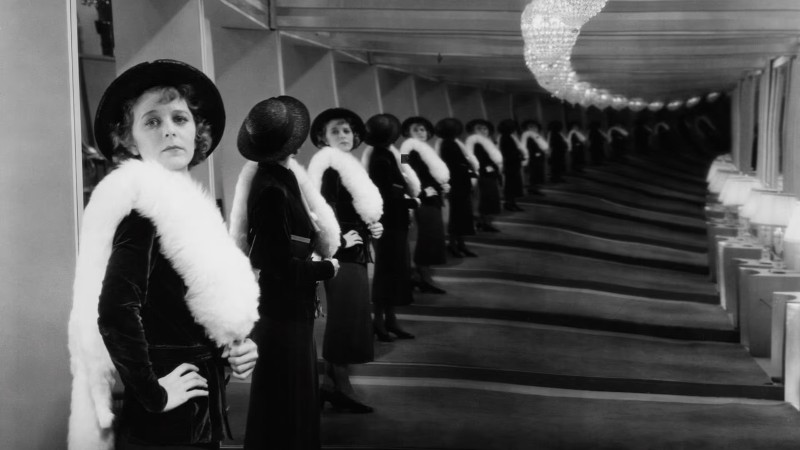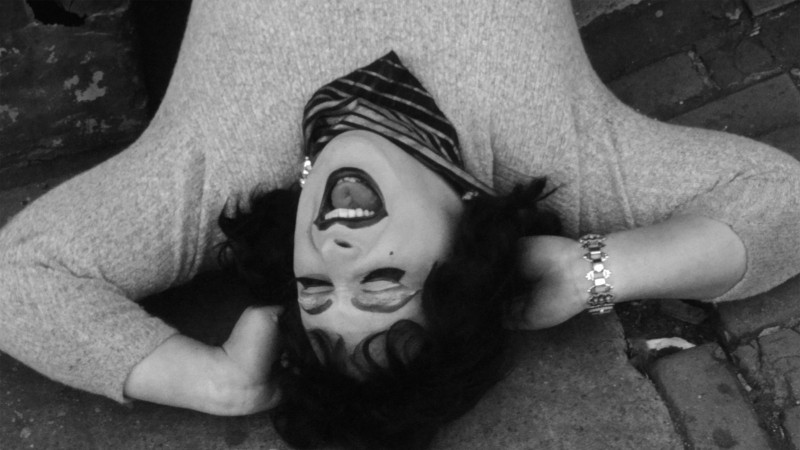Mendonça and Dornelles’s Bacurau

Production designer Juliano Dornelles, who worked with Kleber Mendonça Filho on his first two features, Neighboring Sounds (2012) and Aquarius (2016), is now credited as codirector of Bacurau. The title is also the name of the remote Brazilian village that’s oddly disappeared from Google Maps. All the phones have stopped working, coffins line the roads, and then, a UFO hovers into view. The Guardian’s Peter Bradshaw pretty well sums up initial critical response to this Cannes competitor when he calls it “a really strange film, beginning in a kind of ethno-anthropology and documentary style, becoming a poisoned-herd parable or fever dream and then a Jacobean-style bloodbath.”
Bacurau opens a few years into the future in what the Hollywood Reporter’s Stephen Dalton calls an “impoverished, sun-baked backwater in Brazil’s dusty northeastern interior,” a “fantasy vision of rustic charm and multi-racial unity [that] was dreamed up by the two directors, who both hail from the region.” When Udo Kier rolls in with a team of hunters outfitted in safari gear, it soon becomes clear that an attack is underway. “Suddenly the wide cinemascope photography, retro wipe edits, and small gestures of psychotropic sensations (flashes of visions, dreamy dissolves) start to make sense,” writes Notebook editor Daniel Kasman. “This is the brutal dystopian present of the 1970s and ‘80s genre films like those by John Carpenter, transmuted to a very real rural Brazilian countryside.”
The Telegraph’s Tim Robey suggests that, while The Most Dangerous Game (1932) “may have cottoned on to the basic idea, and Carpenter certainly laid down a stylistic blueprint, especially foregrounded in some hypnotic bursts of electronic score,” Bacurau, “ominously fusing these elements to re-enact Brazil’s entire history of indigenous survival, leaves your preconceptions hacked up and rolling all over the place, like heads hitting the dirt.”
At the Film Stage, Giovanni Marchini Camia notes that, not unlike Christian Petzold’s approach to Transit, the directors “have set Bacurau in a near future that, a few technological gadgets notwithstanding, very much resembles the past, collapsing history to condemn a present wherein a leftist government with egalitarian ambitions has once again been deposed and replaced with its nightmare opposite.” And in the Los Angeles Times, Justin Chang adds that, in recent interviews, Mendonça “has described Bacurau as an unambiguous denunciation of his country’s newly elected far-right president, Jair Bolsonaro, as well as an act of defiance on behalf of a local film industry that is suffering once more under Bolsonaro’s policies.”



